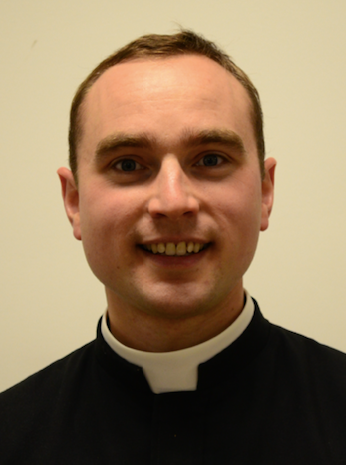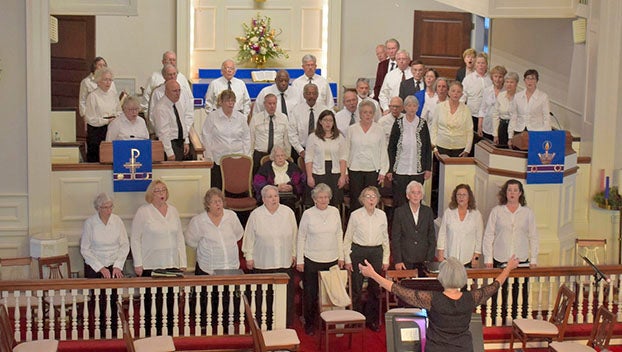Fly or bee?
Published 6:00 am Saturday, September 11, 2021
|
Getting your Trinity Audio player ready...
|
In the last year-and-a-half society has changed. We have been living with a threat hanging over our heads. The enemy is intangible, invisible, an elusive virus which spreads desolation and death in its wake. Now, we seem to face a veritable Greek alphabet of variants, each potentially more deadly than the first. How should we respond?
This indefinite, irrational threat has caused behaviors of a similar nature. Suddenly, everybody has become an expert in epidemiology, giving his definitive opinion on the matter. While certain politicians have called for the formation of a world government, conspiracy theories still proliferate on the social networks.
All these theories are part of the general panic that has crushed and suffocated a good part of mankind — a mankind that is starved by a deprivation of human contact and personal interaction.
This profound anxiety affects more people than the virus itself. Many of us feel that mankind resembles nothing so much as a fly above which suddenly looms the shadow of a hand. The fly does not know what the threat is, but it feels something is to be feared, and freezes. Is that all that mankind can hope for? Should he merely resemble an insect that is usually found hovering around death and decay?
It is a dangerous temptation for us to cower in times of trial. We desperately want to understand and dominate, and hate nothing more than having to suffer in situations over which we have no control. Impotence increases our anxiety. Instead of rousing ourselves to fight, we remain passive like the fly, frozen in despair and depression.
This snare is the true terror that paralyzes not only our physical life in society, but also, frequently, our spiritual life of faith. This attitude is fruitless, harmful, and must be avoided at all costs.
Instead, we must imitate the bee, which makes honey out of any flower, even if it comes from a poisonous or bitter plant. This image of the bee gathering nectar and pollen translates into action the words of St. Paul: “To them that love God all things work together unto good” (Romans 8, 28).
When the storm rages, it is time to look upon Our Lord Jesus Christ who is sleeping in the boat that seems ready to sink (Mark 4, 38). Christ is there, asking us to trust Him without panicking. God keeps His divine hand on the rudder of the world and remains the uncontested Master of all events.
What does the sleep of our Savior teach us? It teaches us that we must stop whining as we buzz about like the restless fly. It is high time to reflect on the quality of our Christian life, because, if we truly love God, everything He allows to happen to us will work toward His glory and our greater good. We will thus imitate the harvest of the hardworking bee.
Br. Maximilian Watner is on the the staff at St. Thomas Aquinas Seminary in Buckingham County. He can be reached at webmaster@stas.org.






